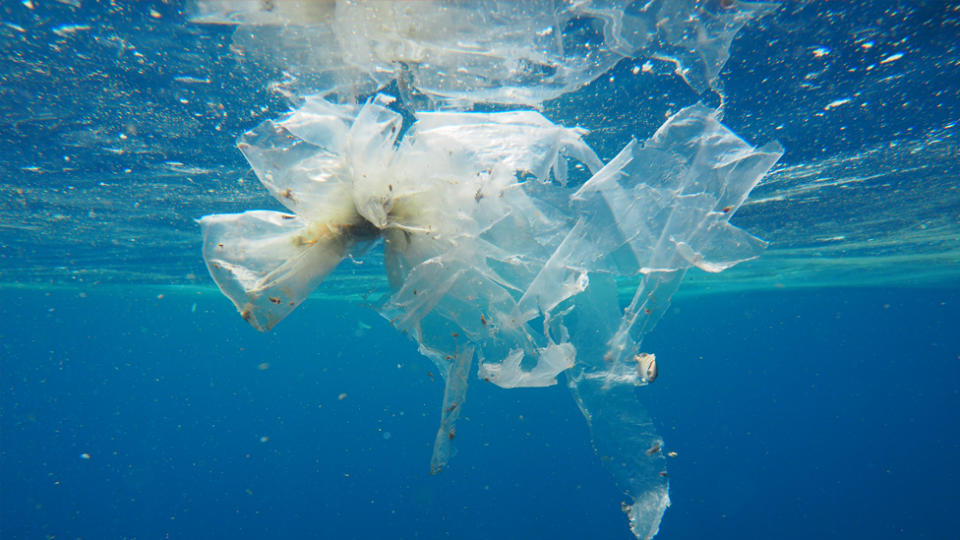The country where 70 per cent of Australia's washed-up plastic comes from
New research has revealed the country where the majority of Australia’s plastic polluting our beaches is washing up from, and the rubbish is flowing both ways.
Researchers from the University of Western Australia (UWA), Australian Institute of Marine Science and The Ocean Cleanup Foundation have called for better recycling systems following the discovery of a strong connection between Australia and Indonesia’s ocean plastic problems.

Predictive modelling estimates more than 70 per cent of overseas ocean plastics reaching Australia originated from Indonesia.
“What’s happening is developing countries like Indonesia don’t have a very good infrastructure yet in terms of plastic waste so there is a lot leaking to the ocean,” senior author Dr Julia Reisser from UWA’s Oceans Institute explained.

Dr Reisser said while Indonesia is the main source of overseas ocean plastic waste washing up on Australia’s shores, it’s also a major destination for Australian plastic waste exports.
“In 2018 Australia exported more than 127,000 tonnes of plastic waste to lower-income nations including Malaysia (35 per cent), Indonesia (22 per cent) and Thailand (18 per cent).
“In short, we are shipping our plastic waste, so that’s one way we are emitting plastic pollution to there and then it’s kind of coming back as ocean plastics to our seas,” Dr Reisser said.

Dr Reisser suggests a stronger approach between Australia and Indonesia to reduce plastic pollution in Australian waters and surrounding seas.
“Investing in better waste collection, segregation and recycling systems in both Australia and Indonesia would not only benefit our own national interests but also induce a knock-on effect by encouraging other high-income countries to show greater global responsibility,” Dr Reisser said.
The research has also called for an urgent global initiative to rectify plastic pollution.

“We know from previous research that Indonesia is one of the top emitters of plastic to oceans but what we sometimes forget is the developed countries are part of the crisis too because we have Germany, Australia, the UK and US exporting lots of plastic waste at the moment.
“We need more worldwide action both downstream, by improving waste management systems, and upstream, by decreasing production of fossil fuel-based plastics.
“I’d like to see a new global ‘plastics convention’ focused on ridding our water, food, air, land and oceans of plastic,” Dr Reisser urged.
Do you have a story tip? Email: newsroomau@yahoonews.com.
You can also follow us on Facebook, Instagram and Twitter and download the Yahoo News app from the App Store or Google Play..



